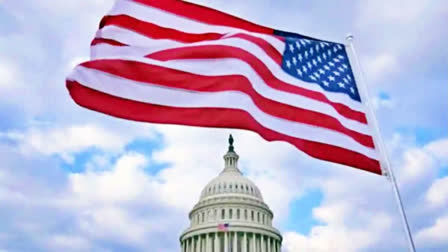USA Independence Day, commonly known as the Fourth of July, is a federal holiday celebrated on July 4th each year. It commemorates the adoption of the Declaration of Independence on July 4, 1776, when the thirteen American colonies declared their independence from British rule.
Drafted by Thomas Jefferson and approved by the Continental Congress, the Declaration of Independence marked the formal separation of the colonies from Great Britain. It articulated the colonies' grievances against King George III and justified their right to revolt. The decision for independence was made by the Second Continental Congress, which included representatives from the thirteen colonies.
The USA Independence Day is celebrated with utmost fervour and gusty. Fireworks displays are a central part of the Fourth of July celebrations, symbolizing the rockets and explosions of the Revolutionary War. Many cities and towns host parades featuring marching bands, floats, and local organizations. Homes and public spaces are often decorated with American flags, and people wear red, white, and blue clothing.
Significance:USA Independence Day is a celebration of American freedom and democracy, reflecting the country's values and historical struggle for independence. The holiday fosters a sense of unity and patriotism among Americans, as they reflect on their shared heritage and history.
Independence Day in the United States is a cherished annual celebration that marks the historic passage of the Declaration of Independence by the Continental Congress on July 4, 1776. This significant holiday originated from the Congress's pivotal vote for independence from Great Britain and the subsequent adoption of the Declaration of Independence. The jubilant celebration was initially fashioned after the king’s birthday traditions, featuring vibrant bell ringing, spirited bonfires, solemn processions, and impassioned oratory, all of which have played a significant role in the Anglo-American political tradition.
It is pertinent to note that during the 1760s and early 1770s, as the revolutionary movement in the colonies gained momentum, patriots harnessed such celebrations to demonstrate their defiance against Parliament's legislation. They also hailed King George III as the ultimate protector of English liberties. However, in the summer of 1776, the commemoration of the early days of independence transformed into mock funerals for the king, signifying the demise of monarchy and tyranny, and the triumph of liberty.
